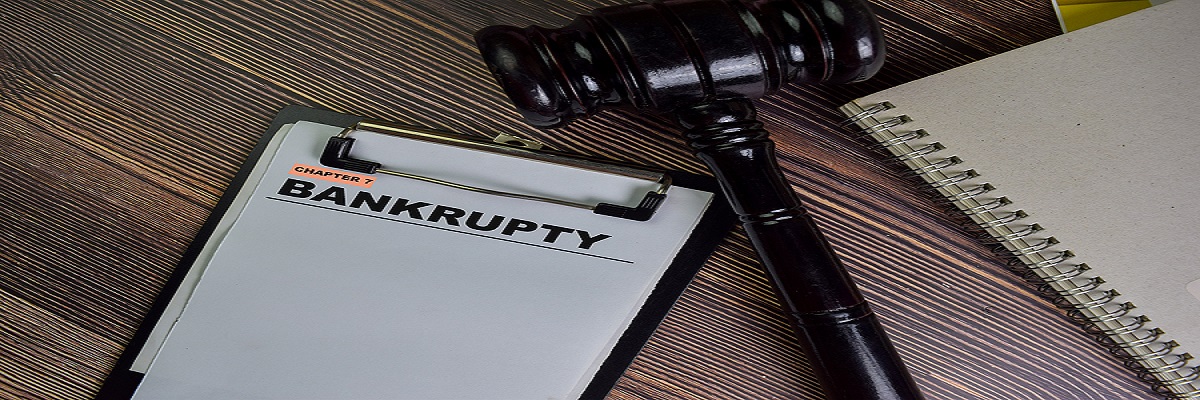Call: 888-297-6203
If you wish to protect your home when you file for bankruptcy, you need the state’s homestead exemption to protect your equity in the home. If the homestead exemption covers the equity on your home and you are not behind on your mortgage payments, you can protect your home. However, if either of these requirements is not met, then according to Los Angeles based law firm (https://www.recoverylawgroup.com/bankruptcy/) lawyers, you might end up losing your home.
Homestead exemption working in chapter 7 bankruptcy
Any property that cannot be protected by exemptions is deemed non-exempt property and is handed over to the bankruptcy trustee. The non-exempt property is liquidated by the trustee and the amount is distributed among the creditors to discharge your unsecured debts like credit card dues, utility, and medical bills. However, any property that is exempted by either state or federal cannot be handed over to the trustee.
If the equity on the house is more than allowed by the exemption, the trustee can sell the house. If you are behind your mortgage payments, the lender might foreclose on the property or file a motion to quash the automatic stay which is in place when you file for bankruptcy. There are different exemption laws in various states. Some states allow people to choose between state and federal exemptions.
Homestead exemption amount
Some states allow unlimited homestead exemption, though most of them offer home equity up to a fixed dollar amount. Some states allow home up to a fixed size, while others have no homestead exemption at all. In some places, married couples can file a joint petition through which they can double the homestead exemption. Wildcard exemption can also be used to protect property up to a certain dollar amount. You can add wildcard exemption to your homestead exemption to protect your home if that is allowed in your state. However, some states do not allow wildcard exemption to be used for real estate.
There exists a domicile rule for homestead exemption. To avail the state’s homestead exemption, you need to have purchased the home within the state 40 months before a bankruptcy filing. The homestead exemption is restricted to $170,350 (the amount is $160,375 for cases filed between April 1, 2016, and March 31, 2019). However, if the current home was bought from the proceeds of selling another home in the state, this limit is not applicable.
How does homestead exemption work?
Equity is the amount between your home’s current value and the amount owed to mortgage and other lien holders. It is important to know whether the homestead exemption can protect your home or not. If after selling the home and paying mortgages, subtracting the cost of sale and trustee’s commission, some amount is left, then the trustee might sell the home to pay your unsecured creditors. You will be paid the amount covered by your homestead exemption. However, if there is not enough money left after all the transactions, then the trustee might not sell the home.
If you cannot catch up on your mortgage payments, you might be unable to protect your home through homestead exemption under chapter 7. However, chapter 13 allows you to catch up on past payments thereby allowing you to protect your home.
Filing homestead declaration
Chapter 7 BankruptcySome states require the filing of homestead declaration with county land records before filing for bankruptcy for claiming a homestead exemption. There exist certain exemptions (limited to $170,350) for people who have dubious records (bankruptcy misconduct or any other crime). If some liens are eliminated or not recorded properly, you can call (888-297-6203) to speak with experienced bankruptcy lawyers.

